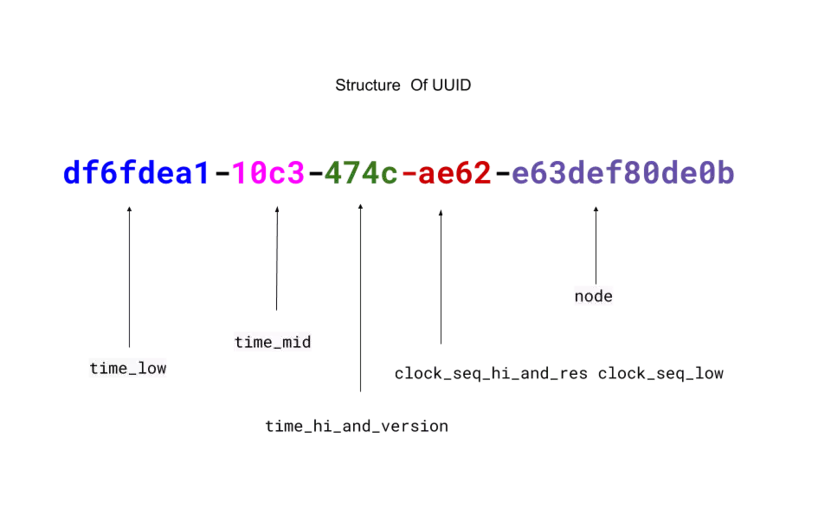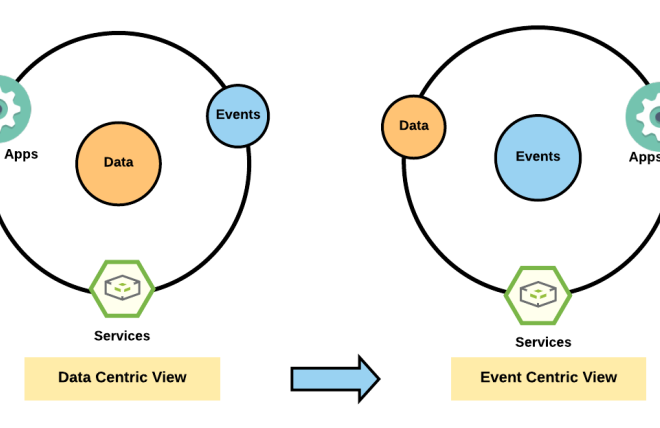
UUID (Universally Unique Identifier) and ID (Identifier) are both used to uniquely identify objects or entities within computer systems and software applications, but they have some key differences:
UUID:
1. Uniqueness: UUIDs are designed to be globally unique, meaning that the probability of generating two identical UUIDs is extremely low, even across different systems or devices. They are generated using a combination of factors like timestamp, host information, and random values, ensuring a high degree of uniqueness.
2. Format: UUIDs are typically represented as a sequence of 128 bits (usually shown as a string of hexadecimal characters separated by hyphens). The standard format is 36 characters long, following a pattern like "xxxxxxxx-xxxx-xxxx-xxxx-xxxxxxxxxxxx", where each "x" represents a hexadecimal digit.
3. Generation: UUIDs are generated using algorithms that consider factors such as time, location, and randomness. The specific algorithm used, such as UUIDv1, UUIDv4, or UUIDv5, determines the method and source of generating the UUID.
ID:
1. Uniqueness: IDs are also used to uniquely identify objects or entities, but their uniqueness is typically limited to the scope of a specific system or database. IDs may be generated sequentially or using other techniques, ensuring uniqueness within the given system but not necessarily globally.
2. Format: The format of an ID can vary depending on the system or application. It can be numeric (e.g., auto-incrementing integers), alphanumeric, or any other format chosen by the system designer.
3. Generation: The generation of IDs depends on the implementation within the system. They may be generated automatically by the system, assigned by an administrator, or provided by an external source.
In summary, UUIDs provide a higher level of uniqueness across systems and devices, using a standardized 128-bit format. IDs, on the other hand, offer uniqueness within a specific system or database and can have various formats depending on the implementation. The choice between UUIDs and IDs depends on the specific requirements of the system, the need for global uniqueness, and the level of complexity desired in the identifier format.




